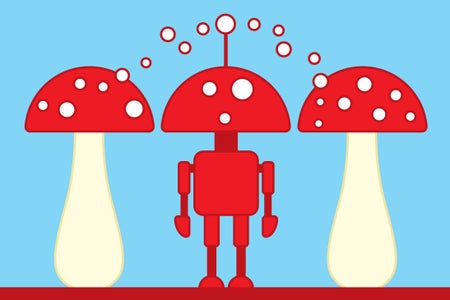
This Is Your Robot Brain on Mushrooms
New rolling, hopping robots navigate via fungus
Saima S. Iqbal is Scientific American’s current news intern. She specializes in health and medicine and is based in New York City.

This Is Your Robot Brain on Mushrooms
New rolling, hopping robots navigate via fungus
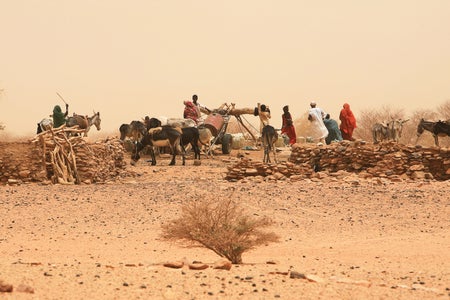
How Climate Change Tears Societies Apart
In a new book, a long-time foreign correspondent examines the underappreciated links between climate change and violent conflict

Could Colossal Black Hole Jets Have Shaped the Early Universe?
Supermassive black holes can expel jets of material so vast and powerful that they may shape the large-scale structure of the cosmos
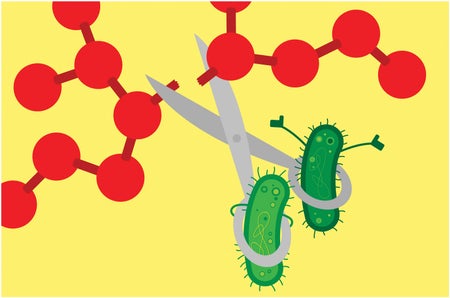
Enlisting Microbes to Break Down ‘Forever Chemicals’
Bacteria can degrade particularly tough PFAS varieties
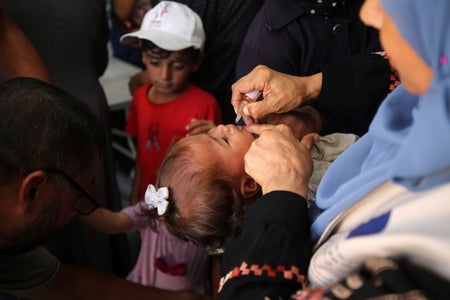
How a Vaccination Campaign Aims to End Polio in Gaza
Flawed implementation of a global eradication strategy brought poliovirus to Gaza, and wartime conditions let the infection spread

Summer 2024 Was the Hottest Ever Measured, Beating Last Year
The year 2024 could easily shape up to be the hottest ever measured, climate scientists say

The Search for Dark Matter Just Got a Lot Harder
Dark matter may be lighter in mass than once hoped

Why Aging Comes in Dramatic Waves in Our 40s and 60s
A new study suggests that waves of aging-related changes occur at two distinct points in our life
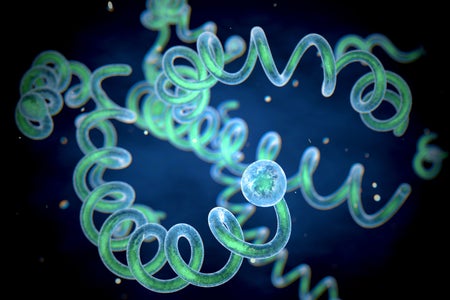
At-Home Syphilis Test Could Increase Access and Combat Epidemic
An easy-to-access rapid test could lower barriers to detecting syphilis, which is surging nationwide

Stunning Space Station Video Shows Glimmering Northern Lights from Above
Coronal mass ejections from the sun sparked dazzling auroras that were visible from the ground and from space

A ‘Neutrino Fog’ Is Starting to Cloud the Search for Dark Matter
With the detection of a long-predicted “neutrino fog,” the search for particles of dark matter has entered a new age of both possibility and peril
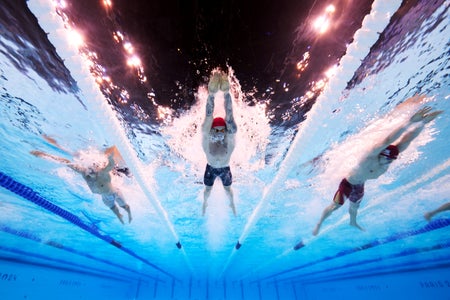
COVID-Positive Olympic Athletes Are Still Competing
Several athletes at the Paris 2024 Olympic Games have come down with COVID, but they are still allowed to compete
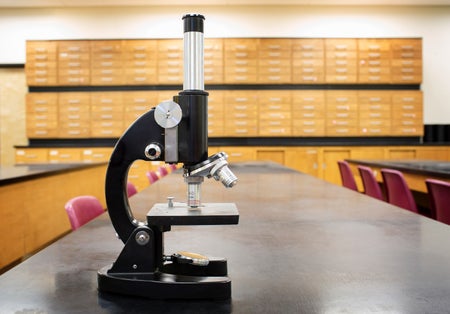
American Science Slips into Dangerous Decline, Experts Warn, while Chinese Research Surges
The U.S. sorely needs a coordinated national research strategy, says Marcia McNutt, president of the U.S. National Academy of Sciences

How Much Water Should You Drink to Stay Hydrated?
The amount of water and electrolytes needed for proper hydration vary from person to person
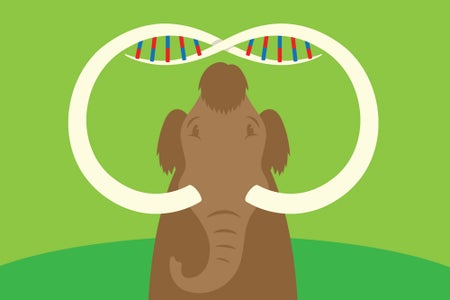
A Freeze-Dried Woolly Mammoth Has Yielded the First Ever Fossilized Chromosomes
For the first time, researchers have reconstructed the 3D structure of ancient genetic material, in this case from a 52,000-year-old mammoth
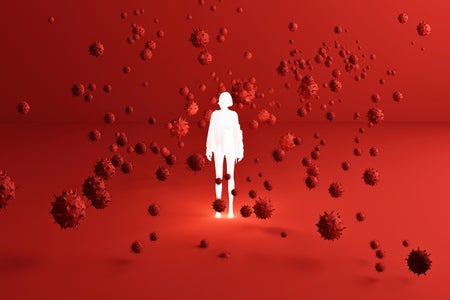
Why Some People Haven’t Caught COVID despite Being Exposed
When scientists exposed people to the virus that causes COVID, only a subset got sick. Studying them could offer clues to immunity